Article by Ismary Munet
Photo credit Niko
On Friday February 28, over 100 people attended the “Forum on Politics and Governance: Lessons from the Experiences of Elected Asian American Leaders,” which was co-organized and co-sponsored by AsianInNY. Also co-sponsored by UNIPRO (Pilipino American Unity for Progress, Inc.) and JCI Philippine-New York (Junior Chamber International Philippine-New York), the forum was held at Kalayaan Hall, Philippine Center at the Philippine Consulate General in New York. It allowed its featured speakers to share and discuss their political and leadership experiences, and answer questions from the audience.
For the first time ever, the Consulate opened Kalayaan Hall, decorated with elegant chandeliers and paintings of agricultural and farm life in the Philippines, to interested Filipino-Americans, Asian-Americans, journalists, writers, and just about anyone interested in politics, or wanting to hear from the elected leaders: Congresswoman Grace Meng, State Assemblyman Ron Kim, City Council President Rolando Lavarro, and Mr. Edward Santos.
The event started with a cocktail reception and networking session in the Consulate’s Lobby, which highlighted AsianInNY’s lead mission to provide and build Asian networking and multi-cultural sharing. Special thanks to the co-host JCI Philippine-New York, and Pilipino American Unity for Progress and our drink sponsor Bruce Cost Ginger Ale for making this event a great success.
The importance of governance and political involvement were topics discussed during the forum, but it was also how Consul General Mario L. De Leon, Jr. welcomed and introduced the discussion of the speakers: “Whether we like it or not, it [politics] is what shapes our community,” De Leon Jr. said.
The first question that the speakers were asked was what their motivation was to run for office.
Assemblyman Ron Kim, the first Korean-American ever elected in New York in 2012, began his career in public service in former Councilmember John Liu’s office. He mentioned that his motivation stemmed from years of public and community service in Flushing, Queens, and from working for nonprofit boards since his college graduation, “I wanted to put Flushing on the global map. Not just the town itself, but its values,” Kim said. “I want to make sure I get to be a voice to mention those values.”
Congresswoman Grace Meng, the first Asian-American member of Congress from New York, and first female member from Queens since former Vice Presidential nominee Geraldine Ferraro, also agreed with Kim that running for office is “a wonderful way to serve our community,” Meng said.
She mentioned never really wanting to run for office, and being a normal, shy, and introverted Asian-American, besides being bad at math and science, and that in her past experiences she noticed not many Asian-Americans were involved in politics or trying to run for office, “I also found it fascinating that no one that looked like me had a seat at the table,” Meng said.
Council President Rolando Lavarro, Jr. became the first Filipino-American and Asian-American in the history of Jersey City to serve in the Municipal Council in 2011. He mentioned that when he reflects upon where he is today, he can’t believe it.
He explained that right after President Obama gave his speech after winning his first presidential election, Lavarro contacted those who were urging him to run for office, and decided to do so, “I was very inspired by President Obama, and the transformation he caused in all our minds,” Lavarro said.
Mr. Ed Santos is a consultant in the NYC Department of Education, and was a candidate for the 2013 NYC Council elections. He mentioned being a teacher, and living in East Harlem where 30% of students graduated college ready, “I ran to challenge, and to see if we were pushing what could help our community,” Santos said.
The speakers also discussed why they think Asian-American youth don’t usually think about a career in politics. Santos attributed the reason to a common thought of governmental corruption in the Philippines. Kim stated that Asian-American youth need to get more engaged with politics on a local level, such as the Board of Education, but also stated that Asian-Americans were discriminated against in the early years of the U.S., “For one, in the U.S. there has been almost an institutional effort for over 100 years to treat Asian-Americans as second class citizens,” Kim said. “For many decades we weren’t compelled to engage in the community.”
Meng also tried to encourage Santos, who lost his first election, to continue working toward running for office, because most don’t win their first election as both Meng and Lavarro testified to.
The four leaders were also asked when they thought the U.S. would be ready for an Asian-American President, and what ethnicity they thought would win. To this question, each agreed that much work needs to be done on the local level, getting Asian-Americans registered to vote is important, as Meng continued to stress during the forum, and that efforts to build inter-community networks and advocacy groups needs to continue.
No one really specifically stated from which Asian ethnic group the President would be elected, agreeing that there needs to be unity among all Asians, but the Assemblyman joked and gave a hint as to what he would hope for, “My wife is Chinese-American, and Grace’s Husband is Korean-American, so we would hope the next president will be Korean-Chinese American,” Kim said.
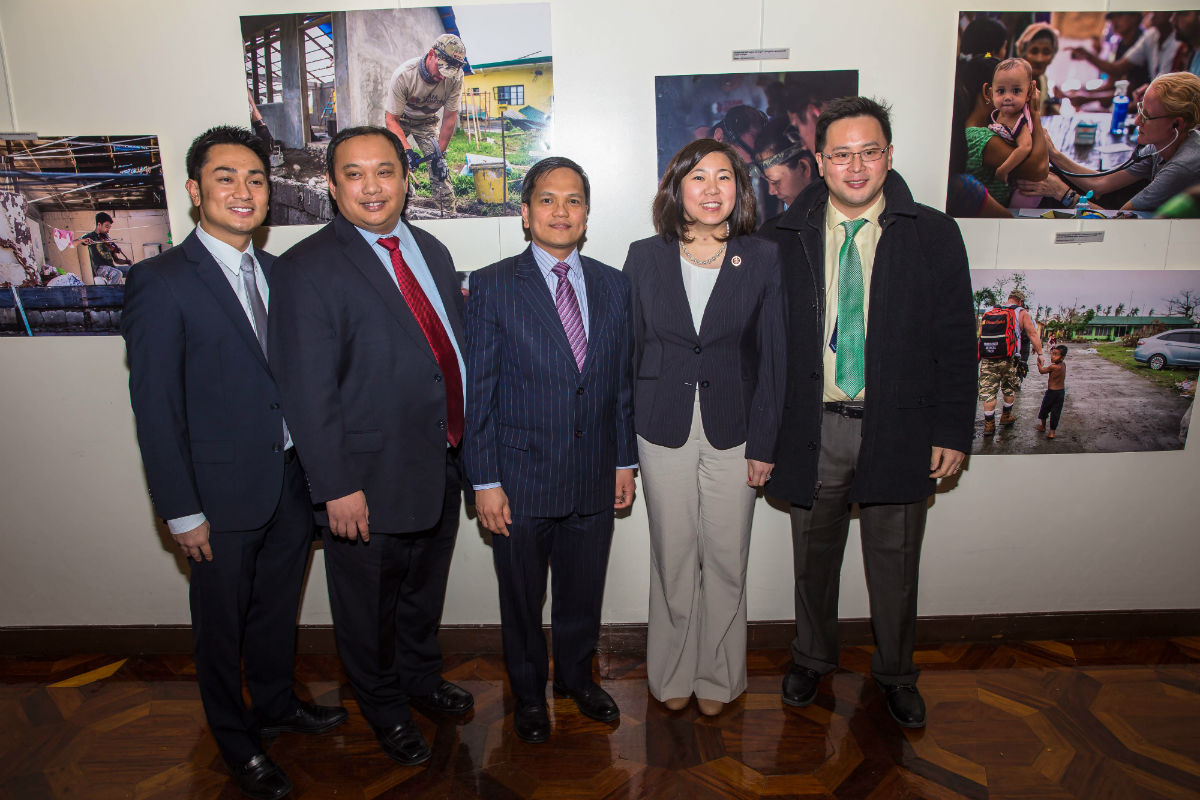
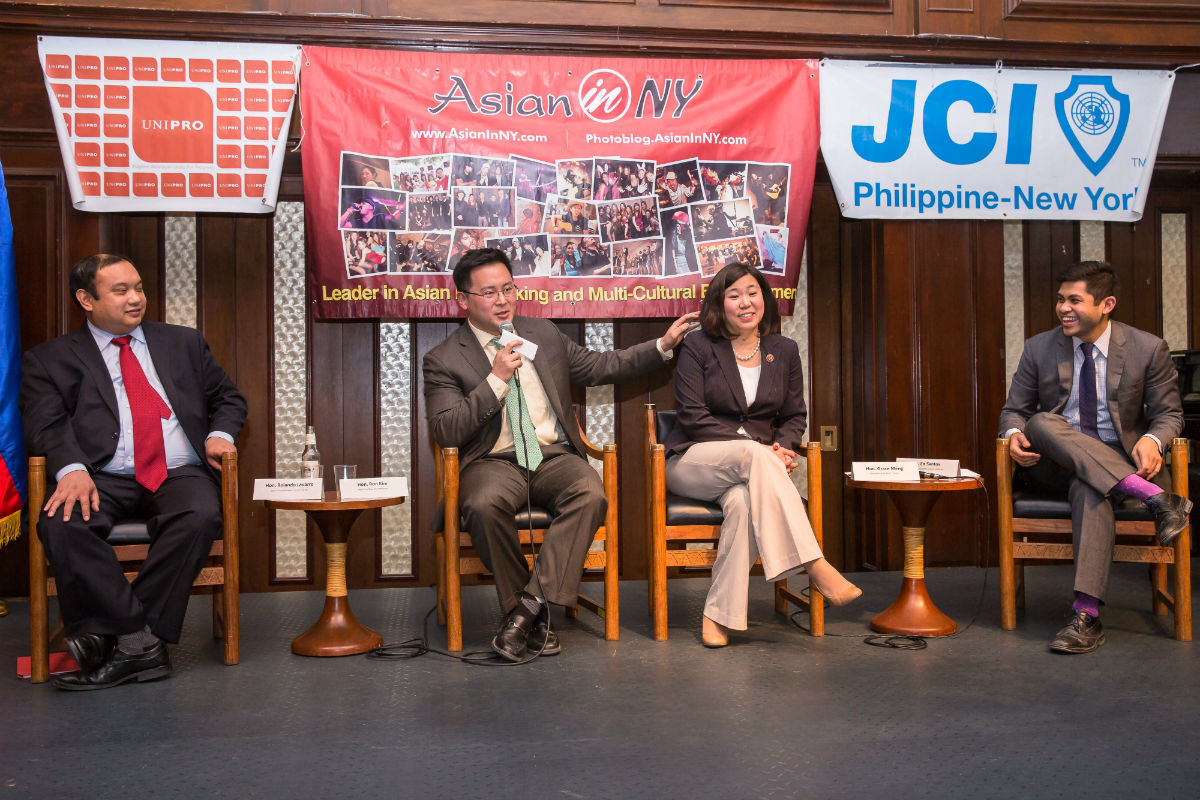
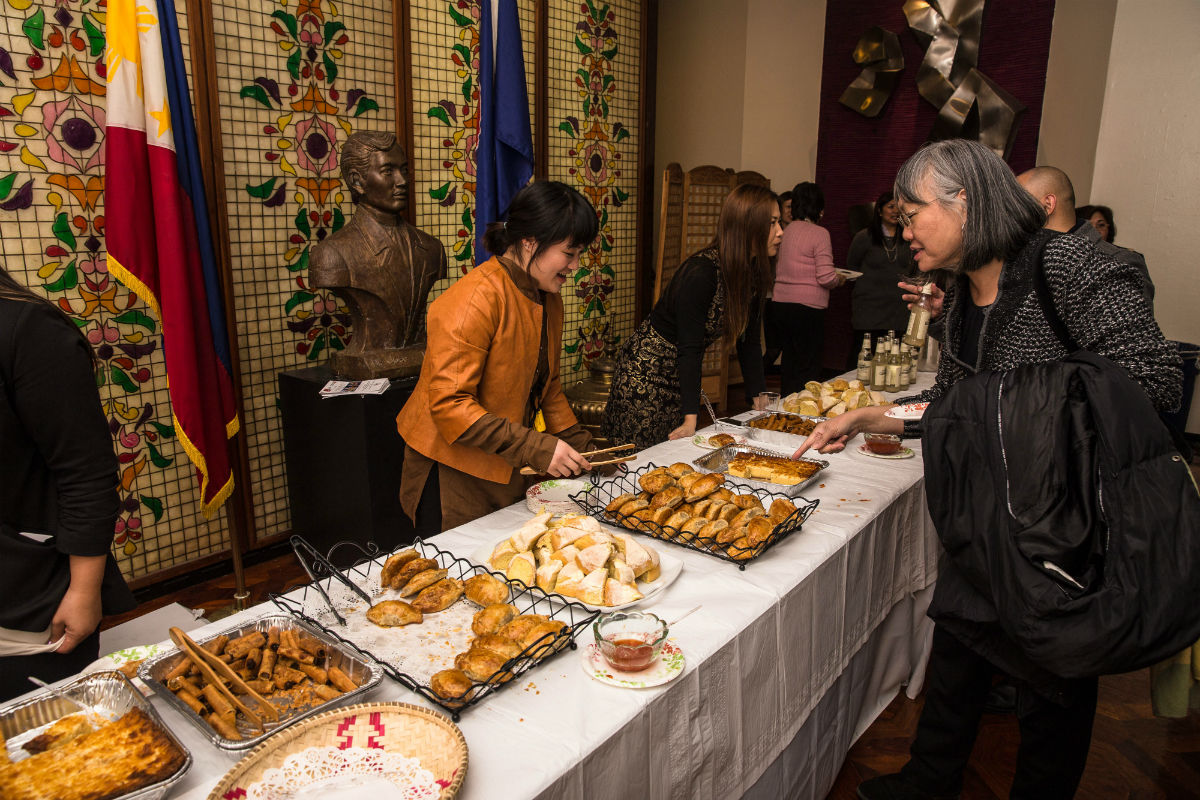
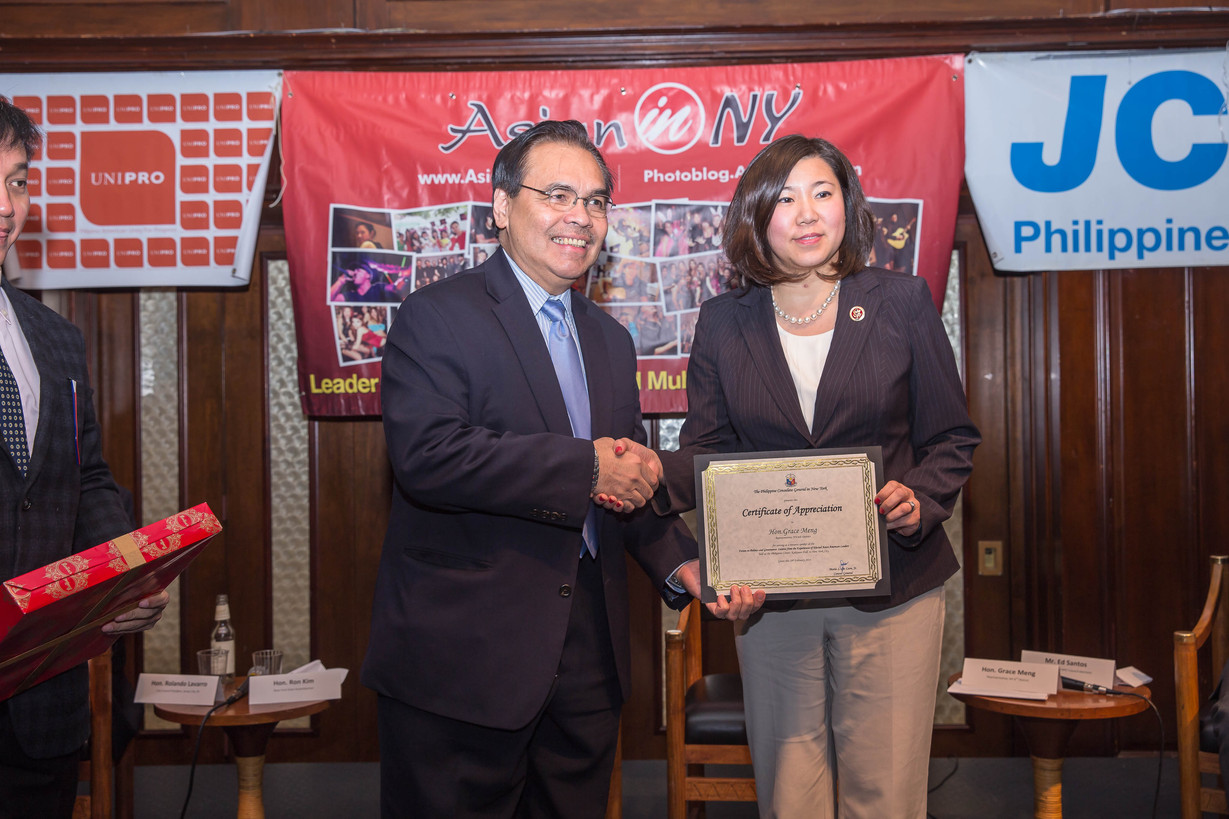
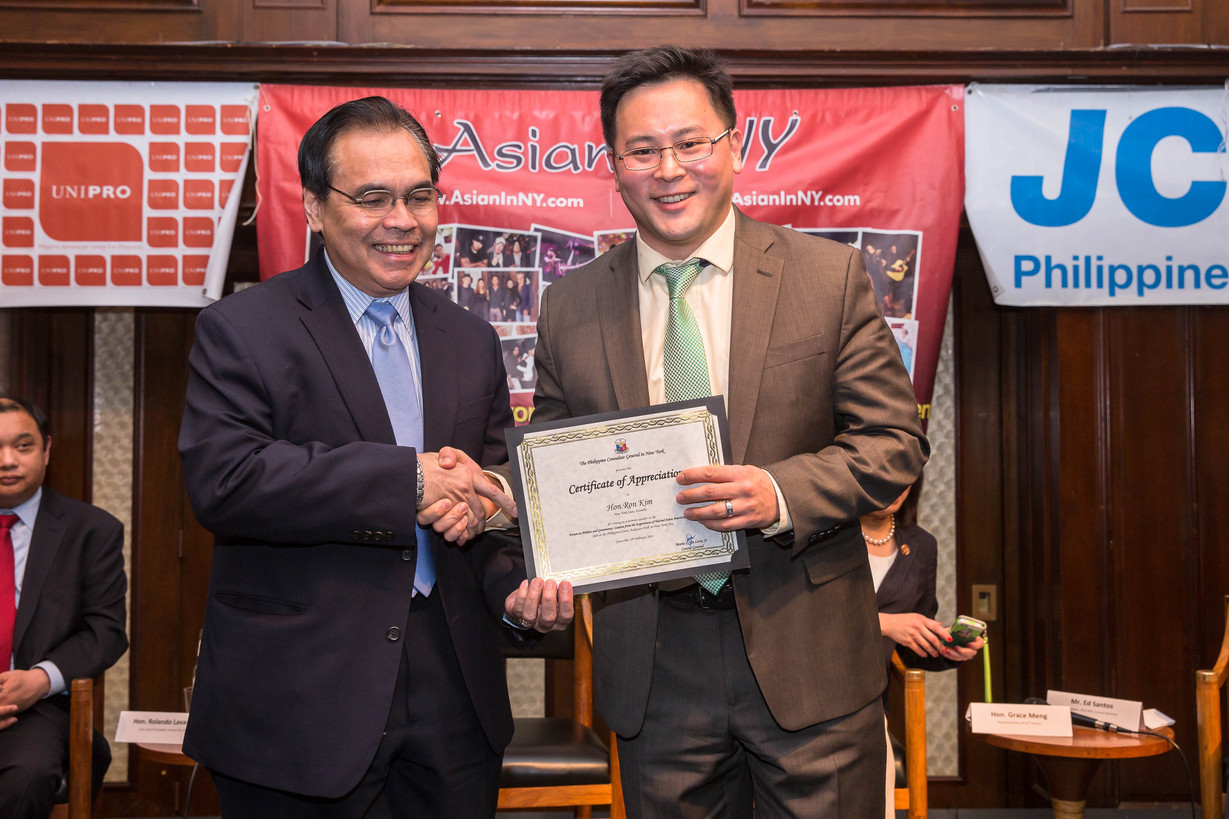
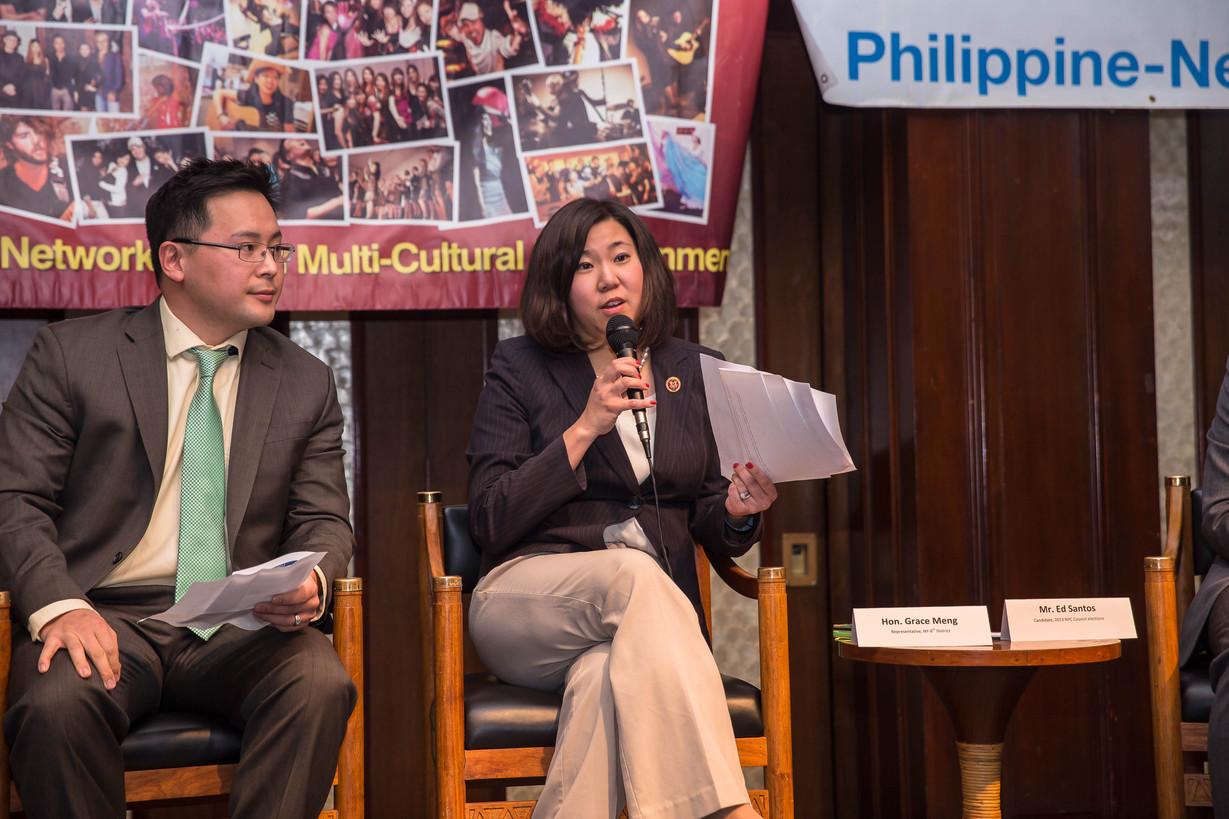
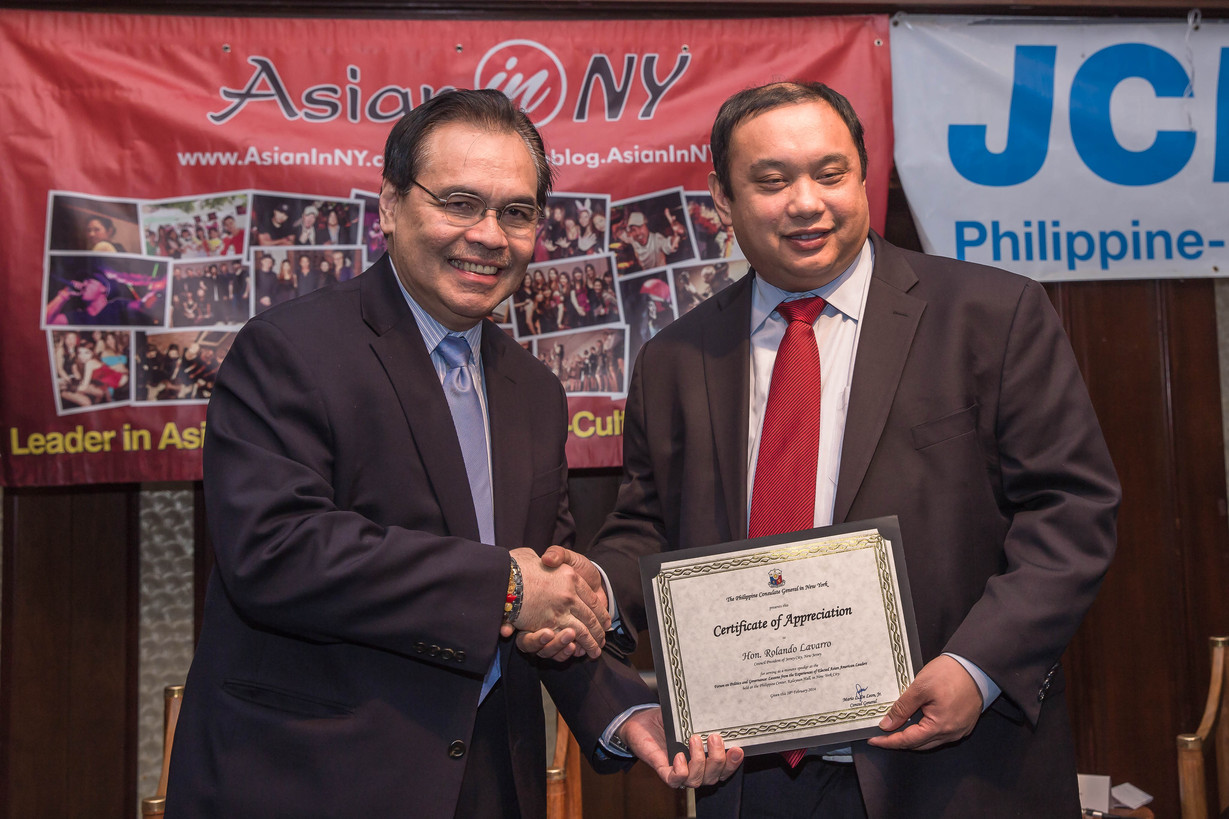
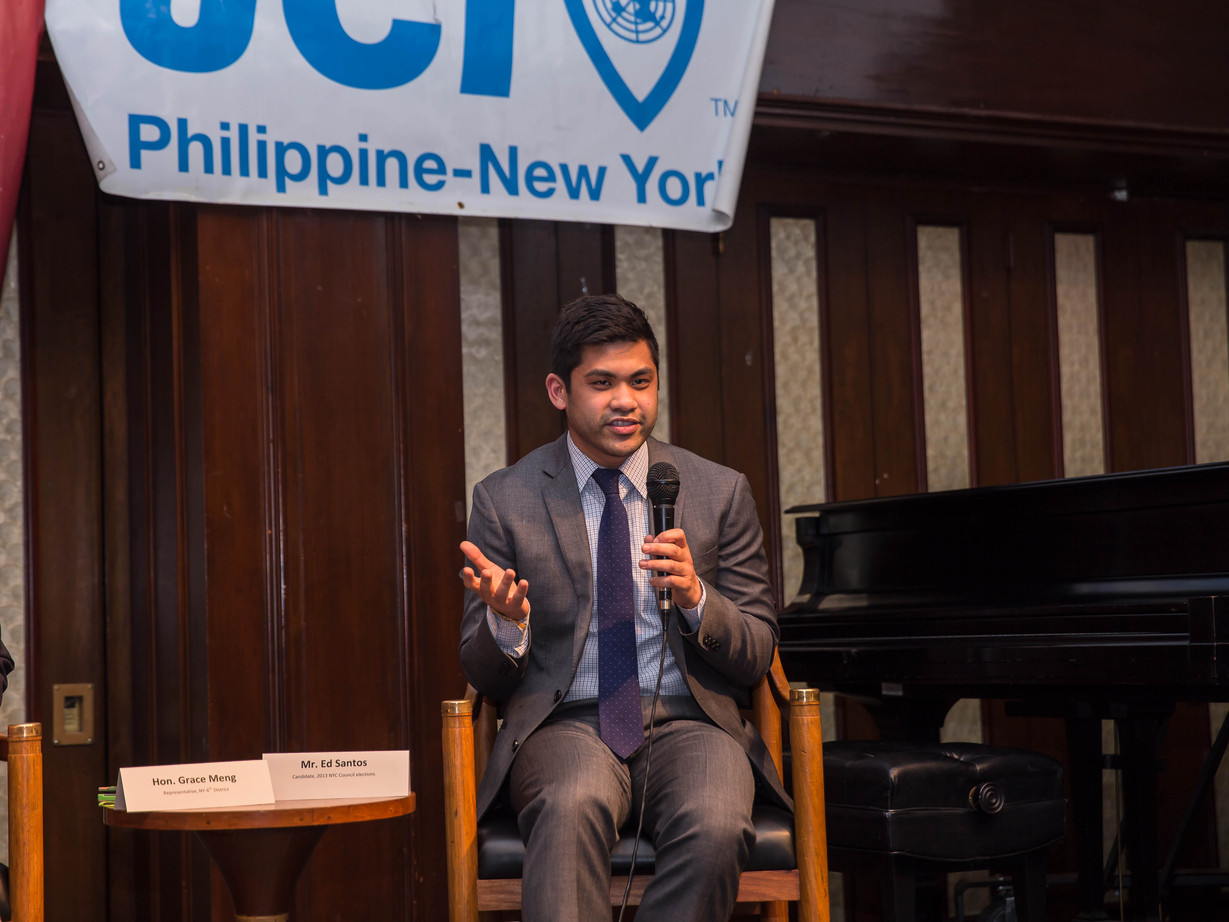
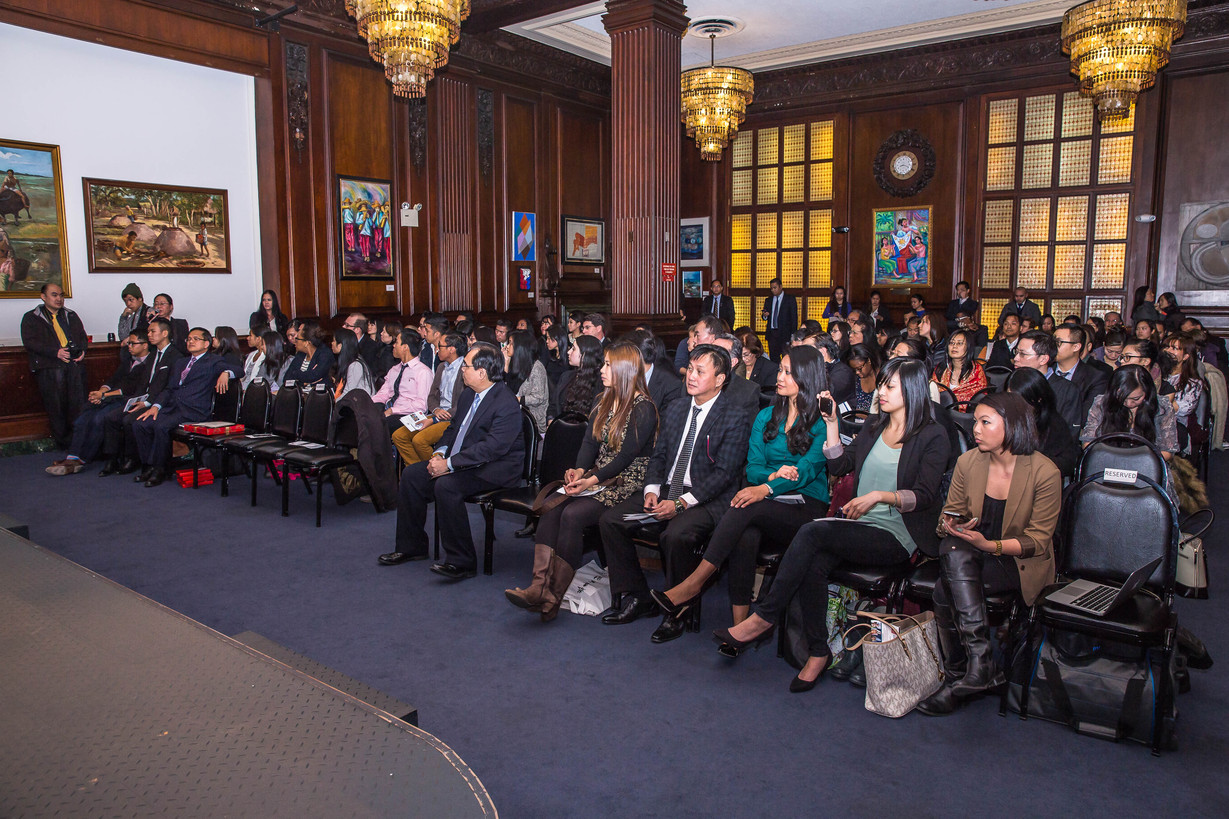
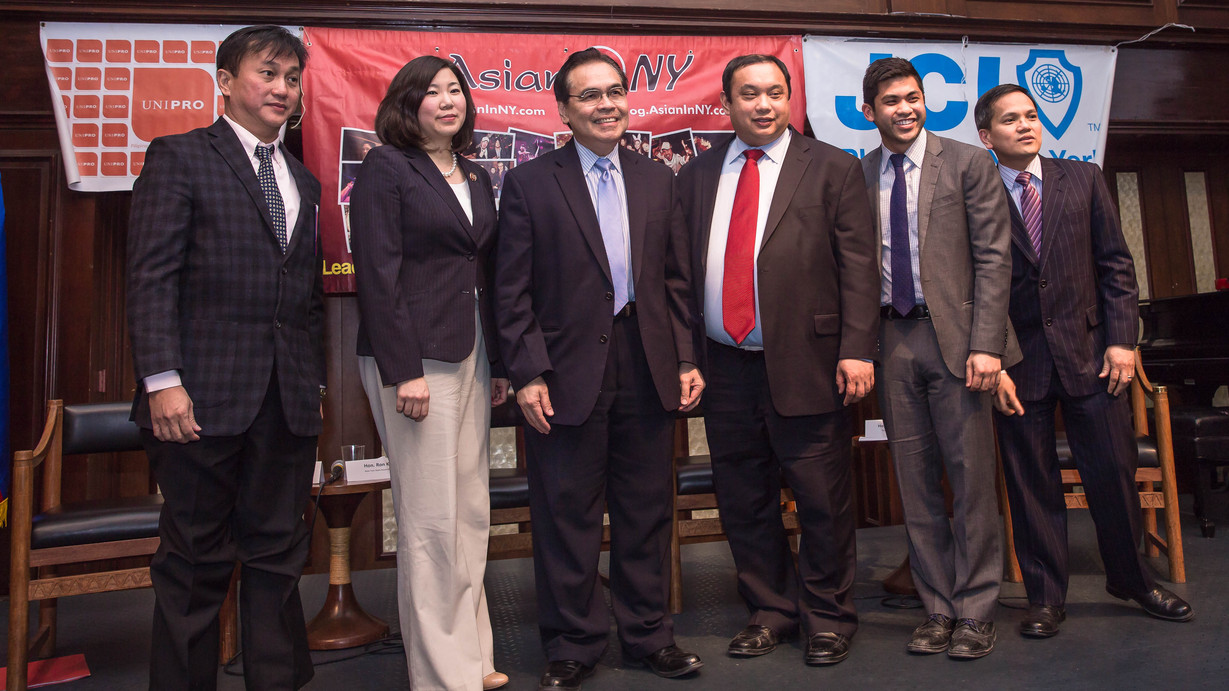
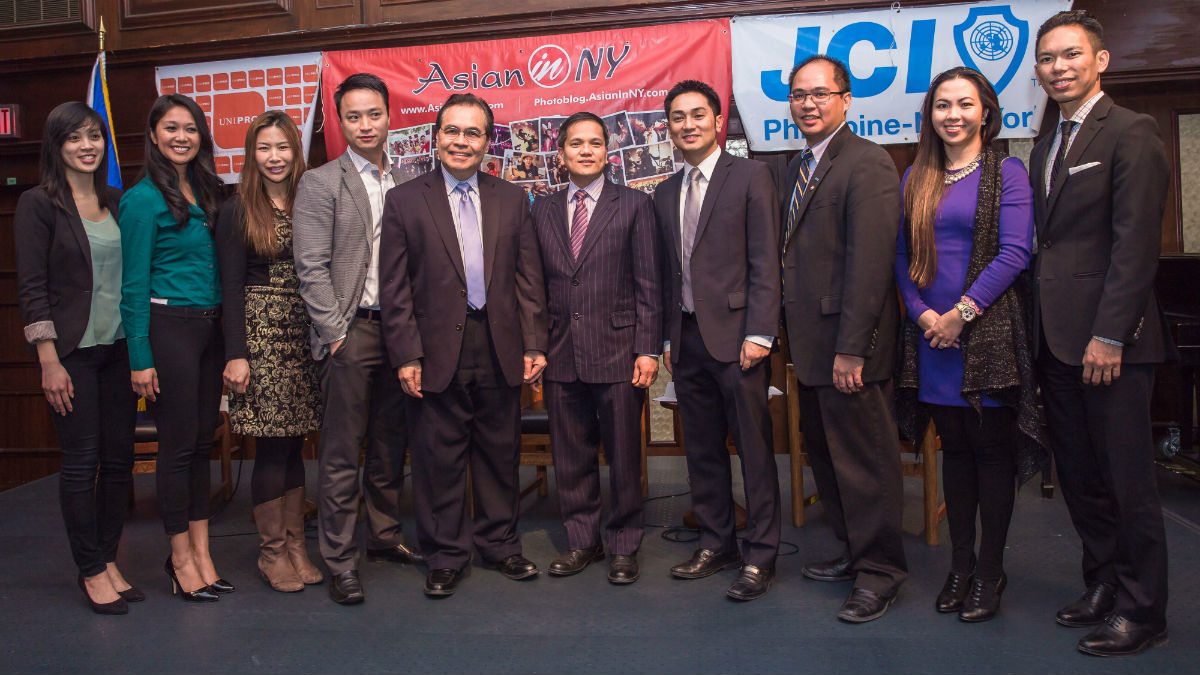
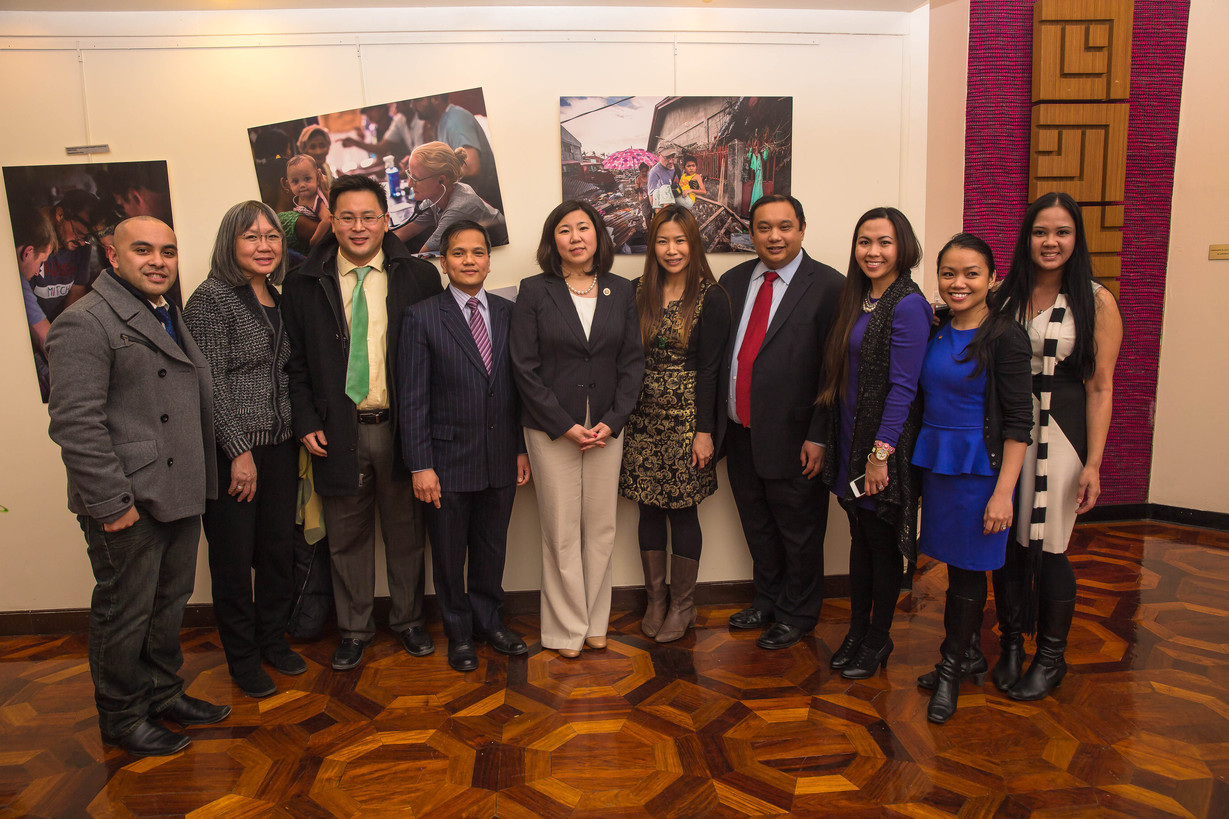
Leave a Reply